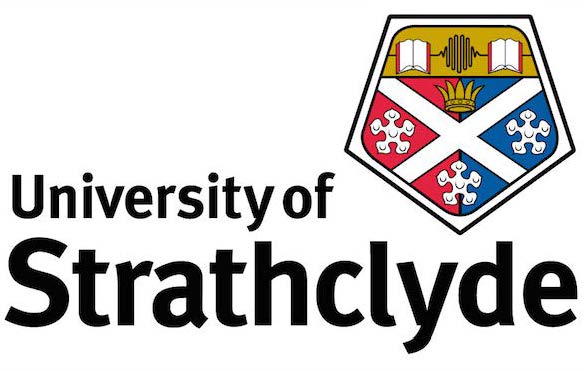
The University of Strathclyde has developed a screening tool which could increase the number of tests on a solid tumour sample by up to 50 times.
The screening tool enables large-scale testing of the latest immunotherapies, such as Chimeric Antigen Receptor (CAR) T-cell therapy, a treatment effective against many haematological cancers but one that presents challenges when used to treat solid tumours.
The 2D models that are currently used have a number of limitations, such as cost, labour-intensity and failing to reproduce the complexity of the tumour’s microenvironment, whereas 3D models provide more accurate data about what happens in the body.
Researchers at the University of Strathclyde developed a miniaturised platform for screening 3D tumour models to evaluate the toxicity of CAR-T therapy towards cells. The platform enabled visualisation and quantification of how CAR-T cells rapidly targeted, broke up and killed cancer cells without causing significant harm to other cells.
The research, which received funding from AMS Biotechnology Europe, also found that combining CAR-T cell treatment with chemotherapy enhanced treatment efficacy. Also involved in the study were researchers at the University of Glasgow and the Cancer Research UK Beatson Institute in Glasgow, led by Dr Seth Coffelt.
Dr Michele Zagnoni, a reader in Strathclyde’s Department of Electronic and Electrical Engineering, who led the study, said: “There are particular challenges with evaluating solid tumours, not just cancerous cells but those surrounding them. We are developing a technology platform which could accelerate the development of therapies and provide models which are much more representative of what happens in the body than what is currently available.
“We are providing a platform for labs to conduct tests before proceeding to clinical trials, that uses fewer resources and can scale up cost effectively. CAR-T cell development is expensive and patient-derived tissue is a limited resource. Our aim is to enable 20 to 50 times more experiments to be performed in these conditions.”




